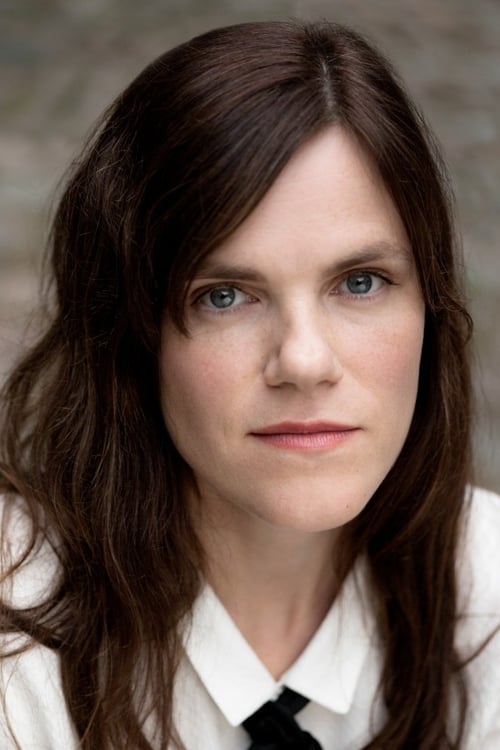Fritzi Haberlandt
Nacimiento : 1975-06-06, East Berlin, East Germany
Historia
Fritzi Haberlandt was born in East Berlin, German Democratic Republic on 6th June. She is a theater and television actor known for her roles in Cold Is the Breath of Evening (2000), Babylon Berlin (2017), Summer Window (2011), Learning to Lie (2003), Deutschland 86 (2018) and Deutschland 89 (2020). She won the Bavarian Film Award for Kalt ist der Abendhauch (Cold is the Breath of Evening) and was nominated for the German Film Award for Fenster zum Sommer (Summer Window).
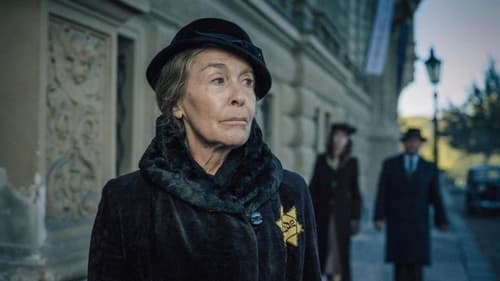
Hanna Solf
Berlin, 1943, during World War II. Martha Liebermann, an elderly upper-class Jewish woman, faces the decision of her life: should the widow of the world-famous and revered painter Max Liebermann continue to try to obtain an exit permit from the Nazis or, with the help of a resistance group, should she flee to Switzerland?

Reporterin, Modereporterin, Clara Brause

Using unpublished and newly digitalised archive footage and film material, Bettina Böhler has brilliantly assembled this film about the life and work of the exceptional artist Christoph Schlingensief, who died in 2010.

Maxxie Schweiger
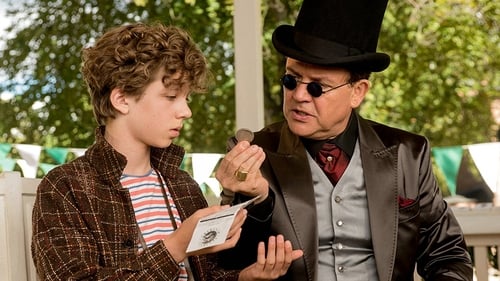
Frau Bebber
The devil tricks a little boy off his laughter in exchange for assured wins in all his bets. It depicts his journey after the deal with the devil, how he loses his soul bit by bit with each win.

Maxi Schweiger
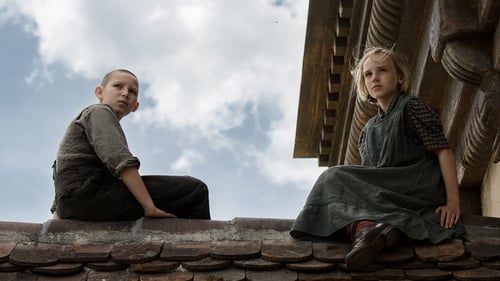
Head nurse Sophia
Basada en la inspiradora historia real de Ernst Lossa, un valiente niño que dio a otros la ayuda que él necesitaba. Fog in August es la primera película que habla sobre el programa de eutanasia del régimen Nazi. Sur de Alemania, principios de la década de 1940. Ernst es un niño huérfano, brillante pero con problemas para adaptarse. Los hogares y centros correccionales donde ha vivido hasta ahora lo tachan de “ineducable”, hasta que es internado en una clínica por su naturaleza rebelde. Cuando Ernst descubre un oscuro secreto del lugar, comienza una valiente lucha contra un sistema inhumano.

Gaby

Karin Petersen
Uli and Nora share an intimate, late love. But Uli always avoids the decision to stand on the common relationship. One morning Uli suffers a stroke during a tour of the harbor on the Elbe. He fights his way through the city to the reading room of the library where Nora works. At the last minute, an ambulance takes Uli to the hospital. In this situation, Nora is overwhelmed. When, on the initiative of her friend Eva, she fetches a few things for Uli from his apartment, a cell phone rings. At the other end there is an unknown female voice that sounds strangely familiar ...

Dr. Jessen
Horst Krause still can't believe that his sister Meta moved to Cologne because of love. When a stranger surprisingly asks for a room, some excitement returns. Albert has been abandoned by his wife and does not know how to proceed. But why does the sailor end up in Schönhorst of all places? Strange hints awaken buried memories - could it be that the liaison that Krause had with a circus artist in the summer of 1961 was not without consequences?
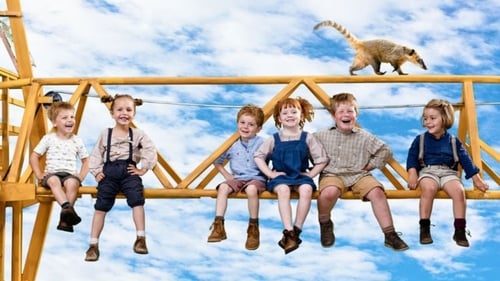
Gaby

Ada Hänselmann
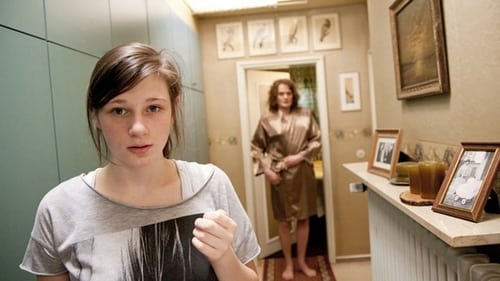
Silke
Fifteen-year-old Maren wants to get away – far away. Aside from all the boys thinking she’s frigid, her recently love-struck mother is driving her round the twist. But she also has a father who she hasn’t seen for years. When Maren decides to get in touch with him, her mother finally spills the beans: He now goes by the name of Sophia and lives as a woman – just what she needs! Irrespective of her vexation, Maren risks a meeting and finds in Sophia a person just as hormonal and puerile as herself – a person who would actually prefer to be her best friend, at best even her mother. Can Maren accept that this life makes her father happy? TRANSPAPA is a compassionate and funny story of gender role-breaking, tolerance and the search for identity.

Landärztin
Krause and Elsa are stunned: their sister Meta wants to get married. She chose the Cologne taxi driver Rudi Weisglut, whom she met two years earlier during Krause's cure on the Baltic Sea.

Larissa Brandow

Emily Blatt
La felicidad de Juliane parece perfecta: recientemente ha dejado a Philipp, su pareja de muchos años, para estar con August, su nuevo amante. Con él va a su Finlandia natal a pasar sus vacaciones de verano. De repente, una mañana al despestar, Juliane se encuentra de nuevo en una Berlín cubierta de nieve, con Philipp a su lado actuando como si nada hubiese pasado y recordándole que tienen una cita en la inmobiliaria, con Emily –su colega del trabajo sin cambios en su vida– y con August que no la reconoce. Juliane está desconcertada: es como si todo fuera un sueño y el tiempo hubiese retrocedido.

Jasmin
Udo is invisible - no one ever seems to notice him. He makes the most of it, working as a department store detective and living off other people's lives as they never notice him tagging along. Until he meets the one woman who sees him.

Ruta Bertulis
Throughout her life Marga has shown little feeling for her daughter Sofia. But now she reveals fear, wounds and a deep longing for her long-deceased husband Juris. She becomes increasingly lost in her forgetfulness and suddenly demands, like a child, gentleness. It’s an uncomfortable situation for Sofia who must now take care of her mother. Sofia’s growing realization that Marga’s past also affects her own gives Sofia impetus to make a sudden journey with her mother to Riga. This is where Marga grew up and where she married Juris. But the more Sofia learns about her mothers, the less clear it becomes who she herself is.

Herself
In his film "Berlin-Stettin", well-known documentary film director Volker Koepp embarks on a journey to the places of his own past: Born in 1944 in Stettin (now the Polish city of Szczecin) and grown up in Berlin-Karlshorst, Koepp has again and again met people and found places located between the two cities that he turned into the protagonists of his films – in Brandenburg, in Mecklenburg, and in Pomerania. Now, he once again returns to these places and finds out that his own biography overlaps with the biographies of his found again protagonists as well as with the history of this region. During his search for traces, Koepp at the same time finds new people, new regions, and new themes that are also worth becoming a part of Koepp′s narration.

Dr. Jessen
On a summer evening the circuit of the village policeman Krause suddenly went crazy. His doctor immediately prescribed a cure on the Baltic Sea for him. And so Krause and his sisters set off in the legendary "Dübener Ei". In the sanatorium he meets his roommate Rudi - an encounter with far-reaching consequences.

Cowgirl

Dani
Der Mond und andere Liebhaber narrates the story of Hanna, a woman who will not take lifes set-backs and knock-downs sitting down. Instead, she takes them in her stride, picks herself up and marches onward. This is a woman who continually draws new courage from her inexhaustible will to live. Whatever losses and uncertainties come her way, she remains true to herself.

Henriette Sachs
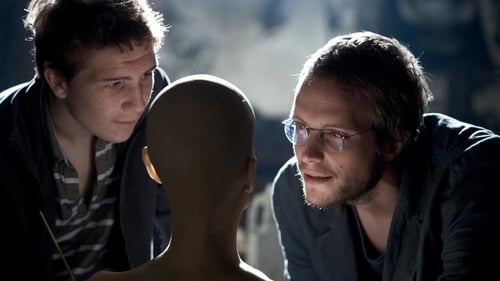
Michaela Rammelow
Something terrible is about to happen in a small town in Germany. Nobody knows the reason why, except one person: Rico Bartsch. The 15-year old grammar school pupil, an absolute outsider, is in love with the most beautiful girl at his school. What in the beginning is a longing that can never be fulfilled will come true at the end of the story. Beautiful Regine will beg for Rico’s love. Until then several inhabitants of the town will die an unnatural death...

Narrator (voice)
The film tells the story of the East Prussian landscape and its inhabitants. At one time Germans, Poles, Lithuanians and Jews lived here alongside and with one another. After World War II and the expulsion of Germans by Stalin, the Prussian province turned into a Russian enclave. Volker Koepp’s fourth film about the Kaliningrad region is dedicated to the generation, born in the '90s, and familiar with the Soviet Union and East Prussia only from school books. Parents and grandparents who were forcefully resettled to where they are now have never really felt at home. In the meantime they have hopelessly succumbed to unemployment and alcohol. Their children can only rely on themselves. Older siblings look after the younger ones, they play with what lies around, and the girl Ljuda can’t wait to finally turn eighteen, to be able to take her brothers home from the orphanage. The film has much confidence in the children. But what will become of them?

Alicia
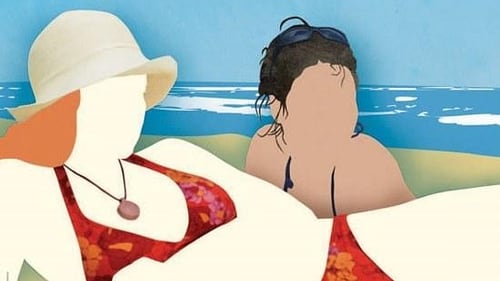
Marion
Episodes about different stages of relationships: from flirtation to falling out of love.
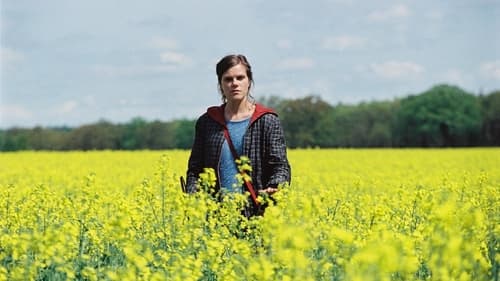
Lilly Walter
It all starts with a bang. The car breaks through the crash barrier and falls off the bridge. The lights go out. After that, he is not able to see anymore. His optic nerve is severed, from now on the young stage-director Jakob is blind. His life will change and nothing will ever be the same. Jakob cannot handle the idea of never being able to see again and screams at the only woman who is able and willing to help him, Lily. A rehabilitation teacher, she helps the blind deal with the darkness. Lily has been living with it since birth, she too is blind.
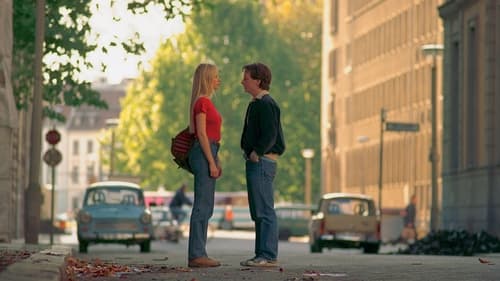
Gisela
18-year-old school boy Helmut falls in love with fellow pupil Britta. He starts working for a Peace movement to get to know Britta. Britta, however, suddenly moves to San Francisco to live with her father and whilst there, finds a new boyfriend. Helmut studies, literature and politics in his home town and have a relationship with another girl from his former school, now studying medicine at the same university but they break up after having an affair with her roommate. Helmut begins a lot of short affairs with different women but still searches for his first girl.

Britta
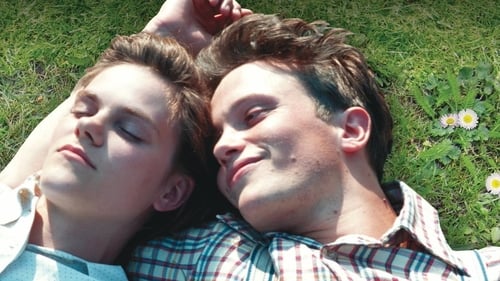
Charlotte Hoffmann (jung)
Love story spanning 60 years of the lives of Charlotte and Hugo. As a teenager before the war she is in love with him, but he marries her sister. They share some brief happy moments during the difficult post-war period, then they are separated for the longest time. They meet again as 80-year olds.
